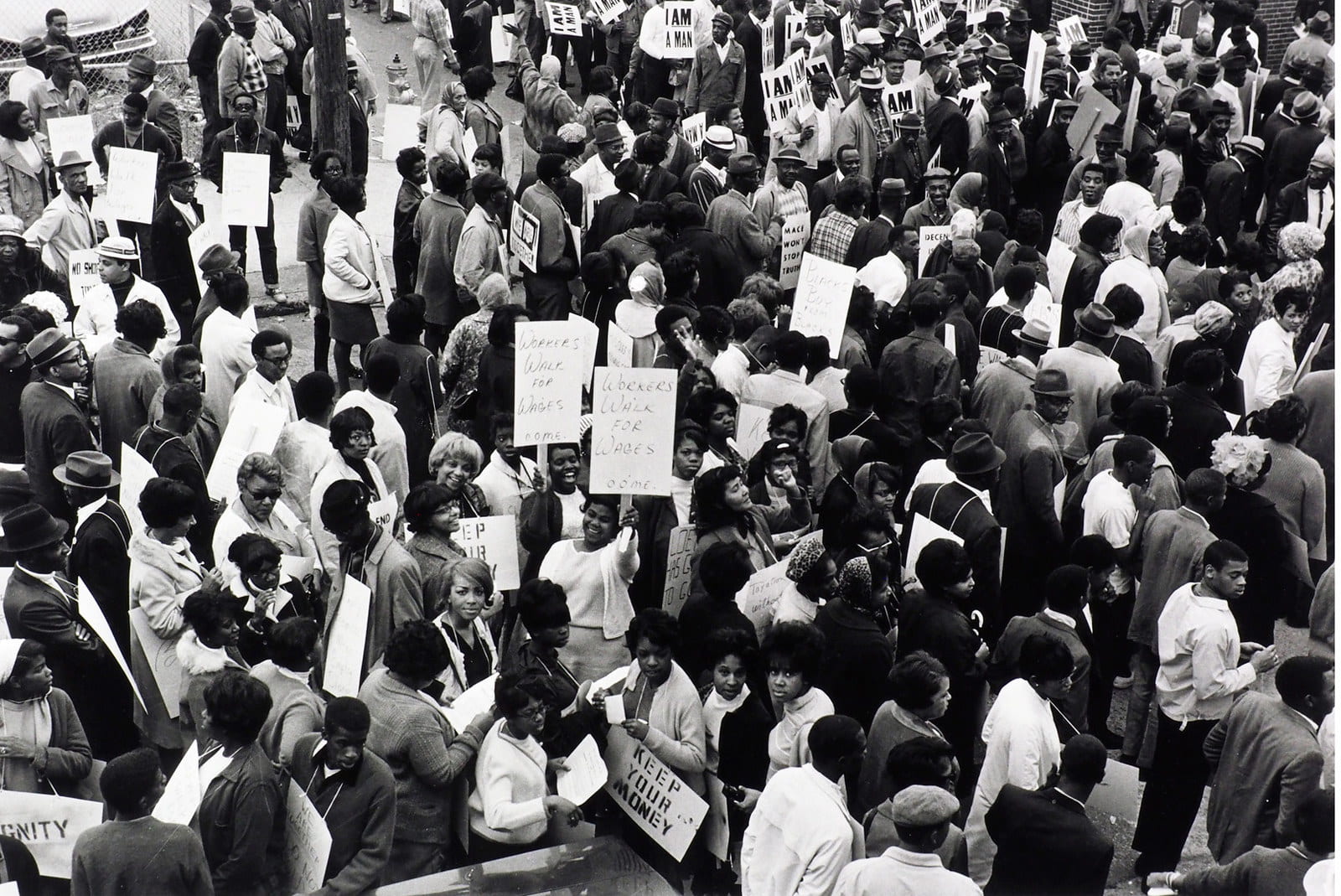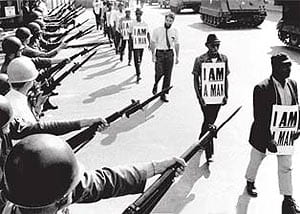In honor of the 50thAnniversary of the assassination of Dr. Martin Luther King, Jr., the Institute for Human Rights is publishing various outlooks on the life and contributions of Dr. King. This is the second entry in the series.
“Blessed are the peacemakers: for they shall be called children of God.” Matthew 5:9

The Peacemaker Defined
When confronted by a system permitting injustice, denying universal human rights, and thwarting peace for marginalized groups, many of us are deeply unsettled. To fully understand the destruction humans have wrought on one another is to simultaneously accept one’s own capacity to perpetuate evil in the world. Humans are capable of peace and war, justice and violence. A critical question arises here: what compels an individual to choose peace in the face of adversity? What inspires an individual to rise above violence, utilizing an ethos of peace as both a means and an end? In short, how can we become peacemakers?
Informed from many interviews of indigenous persons weaving peace from conflict, Marc Gopin offers the following personal traits that embody the peacemaker:
Responsibility; courage; independence; evangelical passion
A desire to inquire
A strong sense of ethnic roots that is combined paradoxically with universal love
Patience
Dignity
An embrace of love and the way of the heart as the key to peace
Emotional honesty
A consistent desire to seek out shared values across the boundaries of groups
A desire for leadership through social network creation
Long-term engagement with adversaries and faith in the value of ongoing debate and slow and steady influence
In Bridges Across an Impossible Divide, Gopin (2012) is quick to add that any and all of us can be peacemakers – if we so choose. It boils down to choice: choosing how to move through conflict, choosing to leave the world better than we found it.
Dr. Martin Luther King, Jr. – The Peacemaker
There is no doubt Dr. King ushered a new wholeness to American culture. His contributions to American society are legendary: leading the American Civil Rights Movement, raising collective American consciousness to address structural discrimination, and developing innovative strategies of nonviolent social protest still used throughout the globe. He taught a generation of civil and human rights footsoldiers, he constructed new theological language grounded in human equality, and he personally transformed the lives of those around him. He was a person of immense spiritual power– calling on his training as a man of the cloth to inform his philosophy and theology demanding racial equality in the United States. Dr. Martin Luther King Jr. is among the most prominent and revered peacemakers the world has ever seen.
Per Gopin’s definition, peacemaking describes not only works but also the personality of an individual. Being a peacemaker is not just directing policy change or charismatic leadership, but an ethos of resilient gentleness, and formidable commitment to the transformation of conflict to better the human experience. It is an understanding that peacemaking is not a vocation – it is a divine calling. Today, we remember that his faith and deeds literally transformed the soul of America. Dr. King was a true American peacemaker.
References
Gopin, M. (2012). Bridges across an impossible divide: The inner lives of Arab and Jewish peacemakers. Oxford: Oxford University Press.



